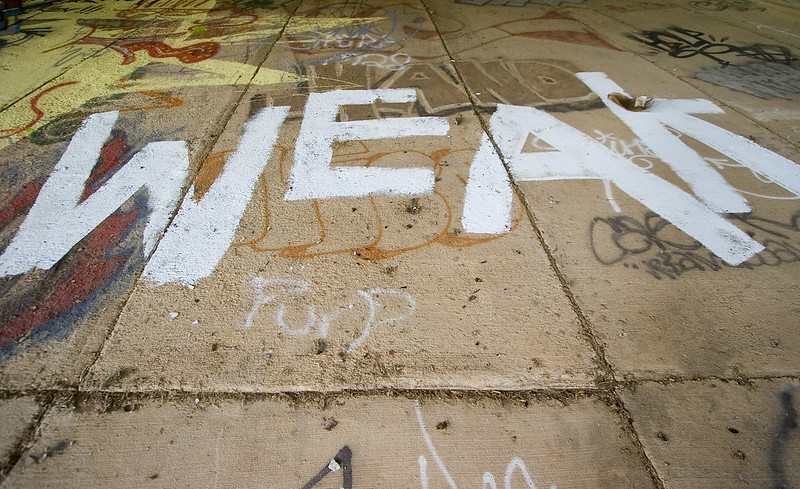
When we enter into a negotiation we are always trying to size up the other side. What we want to know is if the position that they are in is a stronger position than we find ourselves in. One of the things that we may take a look at is their current financial strength. We may also try to determine what their best alternative to a negotiated settlement (BANA) is. If we can determine this, then we may be able to determine which way this negotiation is going to go.
The Problem With A Weak BATNA
In business negotiations, negotiators tend to assume that it’s the more financially successful party that has an edge. However, if that party has a weak BATNA, or best alternative to a negotiated agreement, it could be that the seemingly weaker party that comes out on top. There are four negotiation tactics that can be used for those negotiators stuck with an unappealing BATNA (best alternative to a negotiated agreement) and for those are trying to maximize their power.
Negotiators Need To Recognize The Limits Of Draft Agreements
Companies with a weak BATNA often try to avoid negotiation altogether by presenting their “wants” as decided facts in the form of “licensing agreements” and other forms of draft agreements. Though presenting a contract as a fait accompli can have a powerful psychological influence on the other side, it can also inspire rebellion if you push them too far.
Negotiators Need To Note Potential Risks
We need to understand that the other party may have incorporated positions into their proposal that could be illegal. If we notice this, we cannot remain silent. Though empty threats are never a good idea, it is wise to alert the other party about potential legal repercussions of their proposals.
Negotiators Need To Find Strength In Numbers
If your side is being represented by a larger organization such as a union or a trade group, then you would be wise to allow them to speak for you in one voice. When we are faced with a powerful counterpart, negotiators can often gain power – and even improve their own BATNA – by teaming up.
Negotiators Need To Find Ways To Avoid Escalation
If you have an aggressive “wish list”, you might want to be willing to back down from it. If you continue to press the other side to accept your demands, then they may refuse to follow through on their part of the agreement. This move could be destructive to all parties involved.
What All Of This Means For You
When a negotiator enters into a negotiation, the goal is to find a way to convince the other side to go along with their proposal. Their hope is that their position is going to be strong enough to convince the other side to go along with their ideas. However, there is always the possibility that the other side may come to the negotiation with a better position than we have. If we find ourselves in a situation like this, we need to be able to understand what our options are. Only be doing this can we determine what the best way to get the deal that we want is.
There will be times when if you have a weak BANA you will attempt to use a draft agreement to present what you want to get out of a negotiation. This can work, but not if you push too far. You need to be careful to not include illegal positions in any proposal that you make because it could kill it. If you have an organization or group that can back your proposal, try to get them to make the proposal in order to give it more weight. During the negotiations try to stay away from having thing escalate if you have a weak BATNA.
Just because you come into a negation with a weak BATNA does not mean that you will not get the deal that you want. You need to be aware of your position when the negotiations start and you need to prepare for it. Take your time and move carefully. If you can manage your position, then you can still come out on top.
– Dr. Jim Anderson
Blue Elephant Consulting –
Your Source For Real World Negotiating Skills™
Question For You: Do you think using an initial draft proposal is a good idea if you have a weak BATNA?
P.S.: Free subscriptions to The Accidental Negotiator Newsletter are now available. Learn what you need to know to do the job. Subscribe now: Click Here!
What We’ll Be Talking About Next Time
In order to be successful in your next negotiation, you are going to have to go in prepared. What this means is that you need to have taken the time to get ready to negotiate. We all understand that this means that we need to take the time to understand what our best alternative to a negotiated agreement (BATNA) is, right? We need to make sure that if during the negotiations things start to go sideways, we know what our alternatives to reaching a deal with the other side are. However, if the thinking that showing up with one BATNA is a good thing, then perhaps we should show up with multiple BATNAs?
